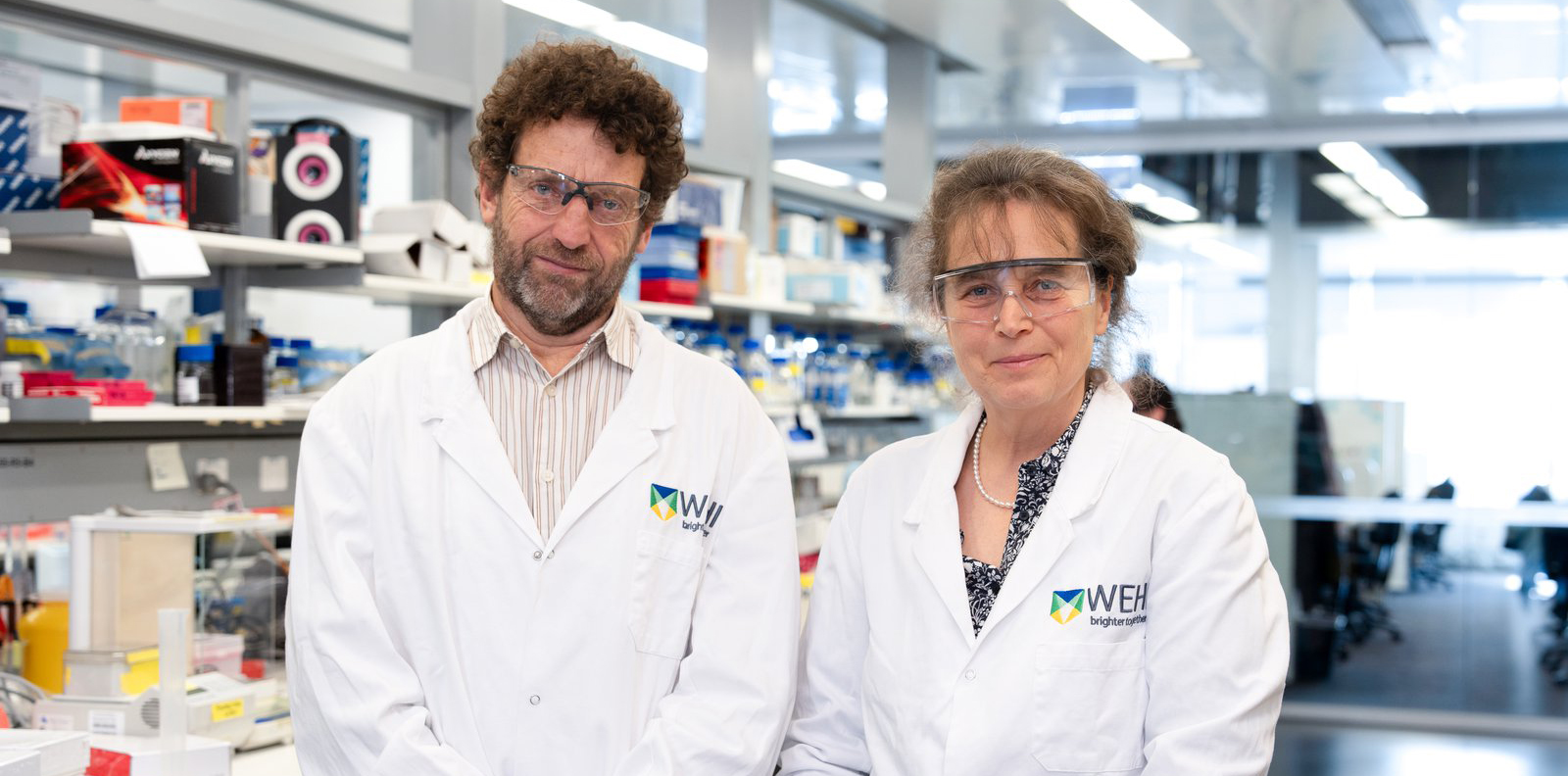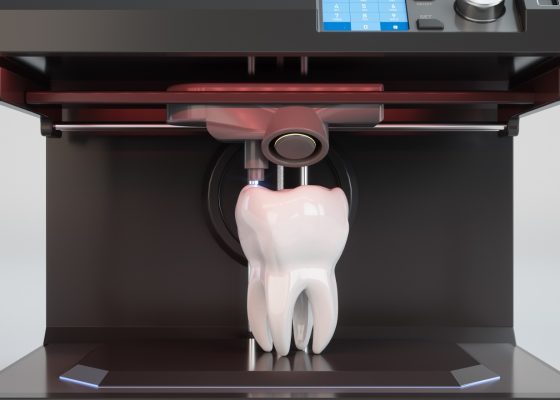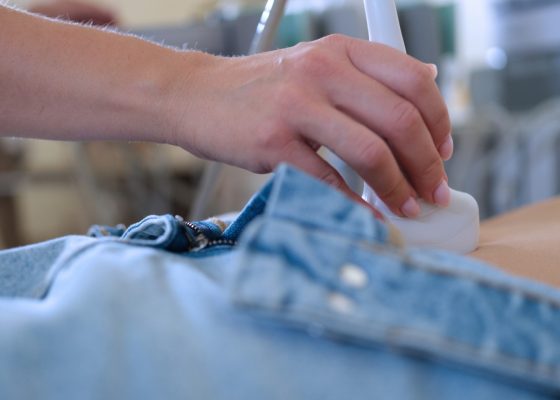Nineteen gongs have been awarded, with medical and health science leading the way.
The Australian Museum’s Eureka Prizes have been run and won for another year, with 19 individuals and teams recognised across categories of research, innovation, leadership and science engagement.
WEHI researchers Associate Professor Tim Thomas and Professor Anne Voss won the UNSW Eureka Prize for Scientific Research for their pioneering work on a novel approach to cancer treatment.
The prize recognises their groundbreaking research in developing a new class of drugs that can put cancer cells “to sleep” without triggering the harmful side effects caused by conventional cancer treatments, like chemotherapy and radiation.
The research, spanning over a decade, involves a collaboration with the Monash Institute of Pharmaceutical Sciences (MIPS) and the Cancer Therapeutics CRC (CTx).
“This win is a testament to the collaborative power and the unwavering commitment of so many colleagues that has underpinned our work towards finding better treatments for a disease that still impacts millions of people worldwide,” said Professor Voss.
“The best anti-cancer treatments currently available to patients can still impact their quality of life.
“This new class of drug compounds stop cancer cells from dividing and proliferating by switching off their ability to continue the cell cycle. This stops the cancer cells in their track, preventing them from spreading.
“Crucially, in arresting tumour growth, the new compounds do not damage the cells’ DNA, which is a critical difference between this new class of compounds and standard cancer therapies.”
For Excellence in Interdisciplinary Scientific Research a collaboration between the University of Adelaide, the Women’s and Children’s Hospital in Adelaide, global medical tech company 4D Medical and Monash University was rewarded for its work on cystic fibrosis lung health imaging. The team developed a novel medical imaging method called x-ray velocimetry. With further development it promises to help detect, treat and monitor CF and other lung diseases.
Dr Minh Bui and Professor Robert Lanfear from ANU won the Australian Research Data Commons Eureka Prize for Excellence in Research Software for their free, open-source software called IQ-TREE2, which turns DNA data into evolutionary insights. First released in 2019 the tool has been used worldwide, including for study of the SARS-CoV-2 virus.
Professor Katherine Kedzierska, Dr Oanh Nguyen and Dr Louise Rowntree from the University of Melbourne – sometimes referred to as “the Corona Queens – won the Australian Infectious Diseases Research Centre Eureka Prize for Infectious Diseases Research. The trio investigate immune responses in high-risk groups – including children, the elderly, pregnant women and cancer patients.
“We found that COVID-19 vaccination was very effective at generating killer T cell responses, as well as antibody responses,” said Professor Kedzierska. “Importantly, we discovered that blood cancer patients, who are immunosuppressed and cannot generate any antibodies, generate strong T cell immunity against SARS-CoV-2 after vaccination.
“This finding provides key insights for future immunisation strategies with vaccines such as influenza, which predominantly induce B cell immune responses.”
The ANSTO Eureka Prize for Innovative Use of Technology went to the IMAGENDO collaboration between the University of Adelaide and OMNI Ultrasound and Gynaecological Care. The team is building innovative AI capabilities to pair with MRI and ultrasound technology that, with further development, will provide rapid, non-invasive diagnosis of endometriosis.
Dr Stephanie Partridge from the University of Sydney won the prize for Emerging Leader in Science, for her harnessing of technology and nutrition science to improve youth wellbeing, putting adolescent experiences at the heart of her research and advocacy.
Professor Michael Kassiou, also from the University of Sydney, won the Leadership in Innovation and Science prize for his work driving new approaches to drug discovery for challenging health conditions such as brain disorders and cardiovascular disease. Combining medicinal chemistry, disease biology and advanced imaging, his discoveries have been commercialised by three start-ups.
Professor Toby Walsh from UNSW won the Celestino Eureka Prize for Promoting Understanding of Science for his work in leading conversations about AI.
For a full list of Eureka Prize winners, click here.
Do you have a story tip for us, or a topic you would like to see us cover? Contact the editor at editor@healthservicesdaily.com.au



